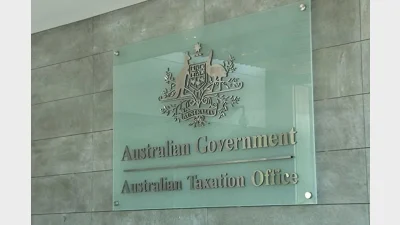Legal change to help victims of unpaid super



From 1 January 2024, superannuation is now included as an entitlement under the National Employment Standards (NES).
The change means employees have an enforceable right to super and give them the ability to take to court under the Fair Work Act to recover unpaid super, unless this has already actioned by the Australian Taxation Office.
The entitlement aligns with super laws so if an employer complies with the super guarantee (SG) then they also meet the NES obligations.
If an employee has failed to receive their super, they can make a complaint and report their employer to the ATO. They should first check if their employment is subject to an award or registered agreement that has extra terms.
Super has to be paid at least every three months into the employee’s nominated account.
Employees who are in the national workplace relations system because their state referred their powers to make workplace laws to the Commonwealth are not entitled to super under the NES. This broadly includes employees:
- In NSW, South Australia, Queensland, Tasmania, and Victoria who are employed by:
Sole traders
Partnerships
Other unincorporated entities
Non-trading corporations - In Victoria employed in the public sector
- In Tasmania employed in local government
Last year, the ATO said it recovered and paid $683.8 million to super funds and members after a crackdown on SG non-compliance.
During the financial year 2023, the ATO recovered over $1.1 billion in super guarantee charges (SGC), which occur when an employer does not pay super for their staff in full and on time.
The nearly $700 million distributed back to funds and individuals is a “direct boost to Australians’ retirement savings”, the ATO said, arising from unpaid super, compliance activities, and voluntary employer disclosures.
Recommended for you
Australia’s largest super funds have deepened private markets exposure, scaled internal investment capability, and balanced liquidity as competition and consolidation intensify.
The ATO has revealed nearly $19 billion in lost and unclaimed super, urging over 7 million Australians to reclaim their savings.
The industry super fund has launched a new digital experience designed to make retirement preparation simpler and more personalised for its members.
A hold in the cash rate during the upcoming November monetary policy meeting appears to now be a certainty off the back of skyrocketing inflation during the September quarter.










